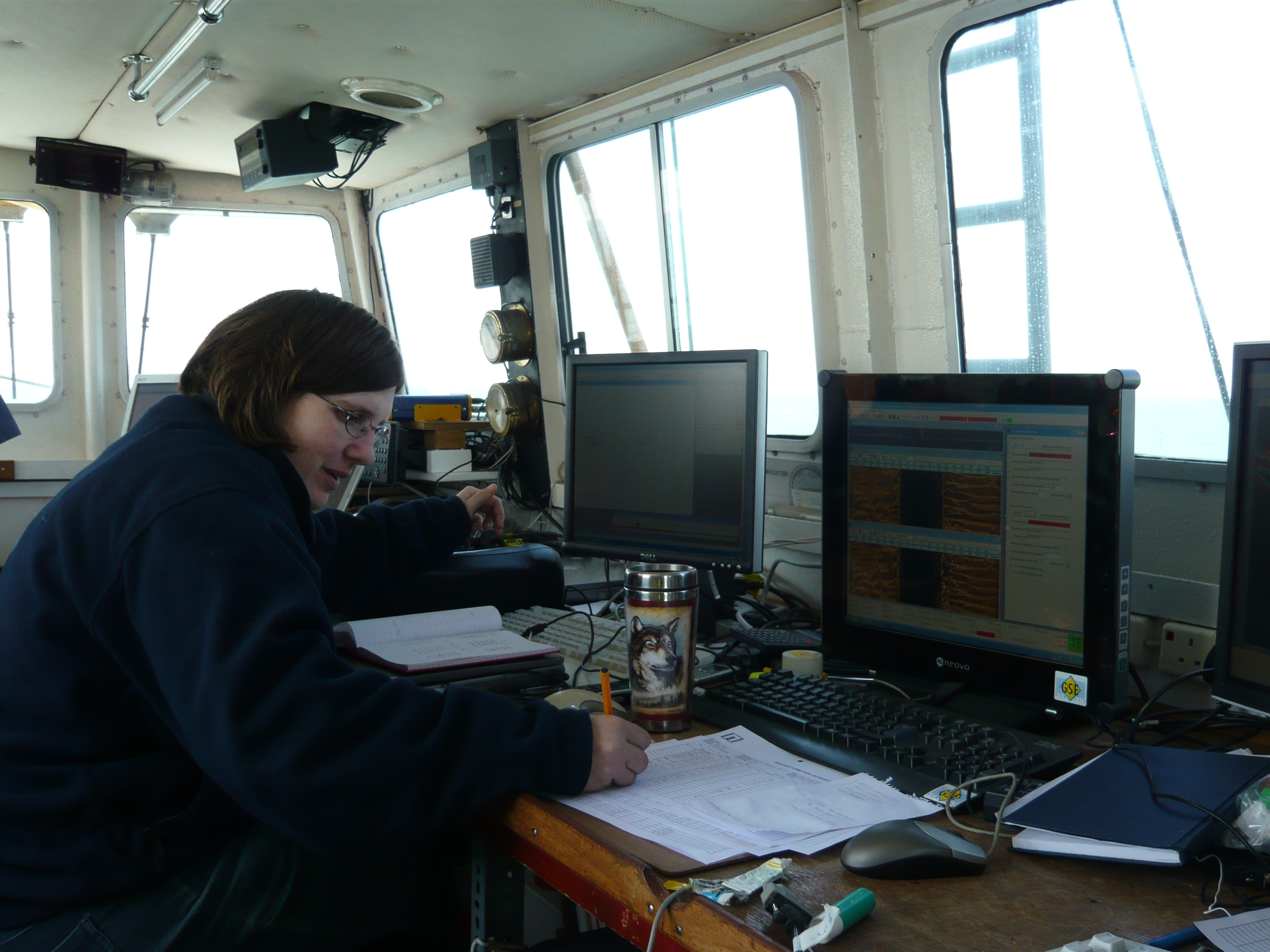All Categories
Featured
Table of Contents
Geophysics Definition & Meaning in Warwick Oz 2020
This work is significantly contracted out, so consultancies supply another source of employment. Consultancy firms differ in size, from extremely small business to big multinationals. Some consultancies are rather specialised in using particular geophysical strategies or operating in particular locations, while others offer a more diverse variety of services to their customers.
The extraction of gas from landfill sites is another area of work and this may grow in the future. Exploration companies might undertake work for building firms, water business, mining business and environmental firms, so geophysicists might be utilized in any of these settings. Other employers consist of: geological surveysgovernment bodies and agenciesuniversities and research study institutes.


Vacancies may be listed in the oil and gas sector press. Recruitment is affected by oil rate variations and the level of competitors for positions varies depending upon this. Professions Days, which cover the complete variety of geoscience careers and are generally participated in by a number of key industry companies, are run by The Geological Society.
What Do Geoscientists And Hydrologists Do? in Thornlie Oz 2021
Some of the big oil and gas business offer a full two-year structured training program across the breadth of geophysics, including the chance to experience work in various teams before specialising in one area. Your training may consist of work on: existing wellsmagnetic and gravitational possible field information analysisresearchrock analysis. It's more usual for your initial training to be offered on the job.

There might be a probationary duration during which you work together with an experienced associate. Competency-based appraisals happen frequently in the majority of companies. In smaller sized firms, and for academic posts, there is not likely to be any official training - you'll be anticipated to begin work straightaway and get abilities as you go along.
If you work for a smaller business, you might discover that you require to take duty for arranging and moneying your own advancement and training. If you have a geology degree, membership of The Geological Society can be helpful for networking and for maintaining to date with the industry.
Geophysical Survey in Jandakot Western Australia 2023
You might also find it beneficial to join the PESGB (The Petroleum Expedition Society of Great Britain, which has a geophysics unique interest group. After a probationary period, and as soon as you've acquired some experience, you could progress to senior geophysicist, then team leader and then into a senior function in management.
The ease of movement between roles depends upon the business structure. Study at Masters or Ph, D level in a subject associated to geophysics or geosciences may aid with your profession development and development. The employment market within the oil and gas industry is very depending on rate and this might affect your chances for profession progression.
Nevertheless, not all tasks depend on the oil and gas industries. For experienced geophysicists, freelance consultancy uses an excellent route for career advancement. You can likewise specialise in a specific location of geophysics. As a geophysicist, you're likely to have numerous tasks throughout your working life. Worldwide movement is essential for handling peaks and troughs in different nations at different times.
How To Become A Geologist Or Geophysicist in Thornlie WA 2020
From geophysics, it's possible to concentrate on seismology (finishing additional training to become a seismic interpreter) or to move into associated locations such as engineering geology or threat forecast.
Choosing what to study in college is a difficult choice. Even if you know that your field of interest depends on science, what program of study is best for you? If you make the choice to significant in physical and life sciences and pursue a profession as a geophysicist, you're getting ready for an interesting and successful profession.
The very first step to attaining your goal of ending up being a geophysicist is earning a degree. Even for entry-level positions in the field of geoscience, you'll need a bachelor's degree (a geophysicist college degree) from an accredited college or university. Geophysicists must be able to: analyze rocks, photos, and other pieces of data perform research study both in the field and in laboratories produce maps and charts of their findings write reports To accomplish all this, trainees need a specialized education for geophysicist professions.
As mentioned above, you'll require a bachelor's degree in geoscience or an associated discipline, such as a physical science or a natural science, to land an entry-level job. But trainees can also prepare by majoring in topics like: Biology Chemistry Computer science Engineering Mathematics Physics The above geophysicist majors provide a more generalized method to a single clinical discipline, but a lot of programs require trainees to take several geology course.
Latest Posts
Geophysical Surveys - U.s. Geological Survey in Wandi Western Australia 2023
Geophysics in Mount Claremont Aus 2020
Geophysical Survey in Casaurina Aus 2020